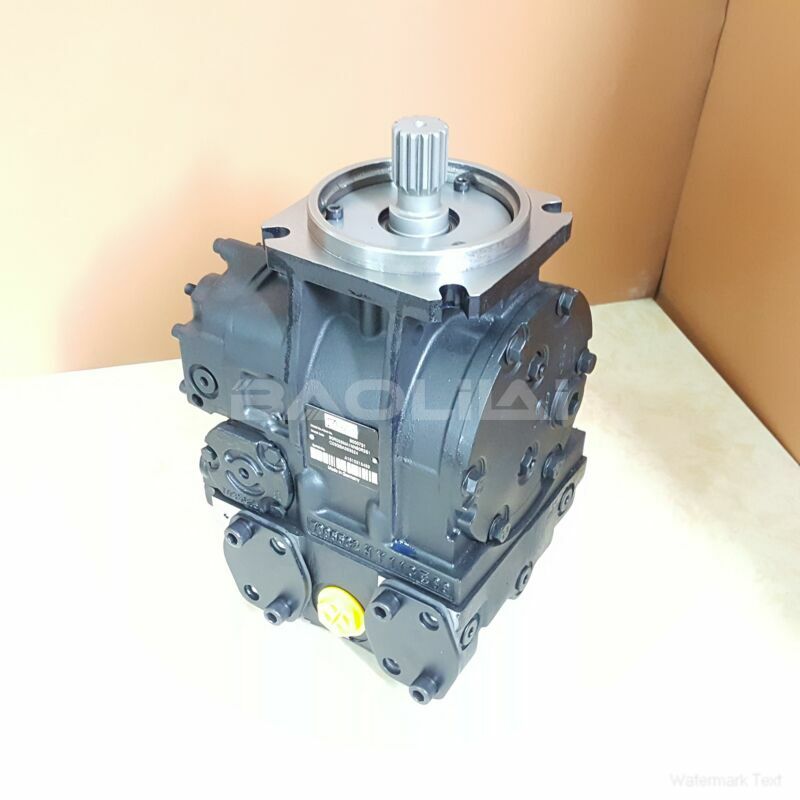90L100KA5BC60S3C7E03GBA353524 high pressure pump
90L100KA5BC60S3C7E03GBA353524 high pressure pump

- Product Details
- Applicable Scene
In the fast-paced world of food and beverage packaging, efficiency and sustainability have become paramount concerns. Companies are consistently seeking ways to enhance their operations while minimizing environmental impact. One innovative solution that has garnered attention is the use of plunger pumps. These pumps play a significant role in reducing waste in food and beverage packaging operations, offering various benefits that contribute to both operational efficiency and sustainability.
90-L-100-KA-5-BC-60-S-3-C7-E-03-GBA-35-35-24
90L100KA5BC60S3C7E03GBA353524
Plunger pumps are designed to handle the precise transfer of liquids, making them ideal for the food and beverage industry. Unlike other pump types, plunger pumps provide a high level of accuracy in terms of flow rate and volume. This precision is crucial when it comes to packaging liquids, as it ensures that the right amount of product is dispensed into each container. By eliminating overfilling or spillage, plunger pumps help reduce waste significantly. This not only conserves valuable resources but also reduces the environmental footprint of the packaging operation.

701571
Moreover, plunger pumps offer exceptional adaptability to various viscosities and densities, allowing them to handle a wide range of food and beverage products, from juices and sauces to thicker pastes and creams. This versatility means that manufacturers can maintain a streamlined operation without the need for multiple pumping systems. As a result, less energy is consumed, and the associated waste from equipment cleaning and maintenance is minimized.
Another advantage of using plunger pumps is their ability to reduce downtime during production. In food and beverage packaging operations, time is of the essence; any interruption can lead to product loss and financial waste. Plunger pumps are designed for durability and reliability, which means they require less frequent maintenance and can withstand the rigors of continuous operation. This reliability ensures that production lines run smoothly, minimizing the likelihood of delays that could contribute to waste.





